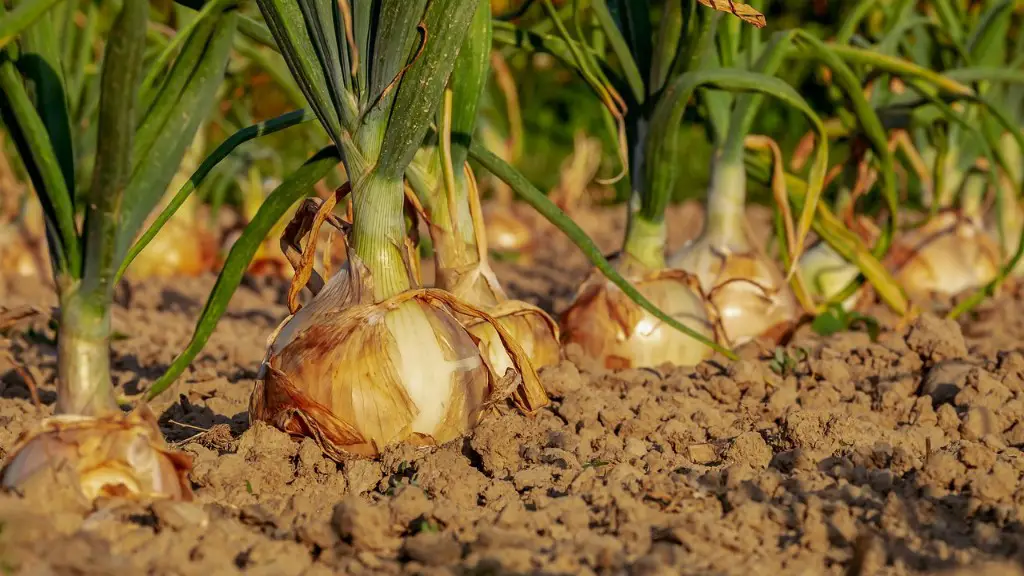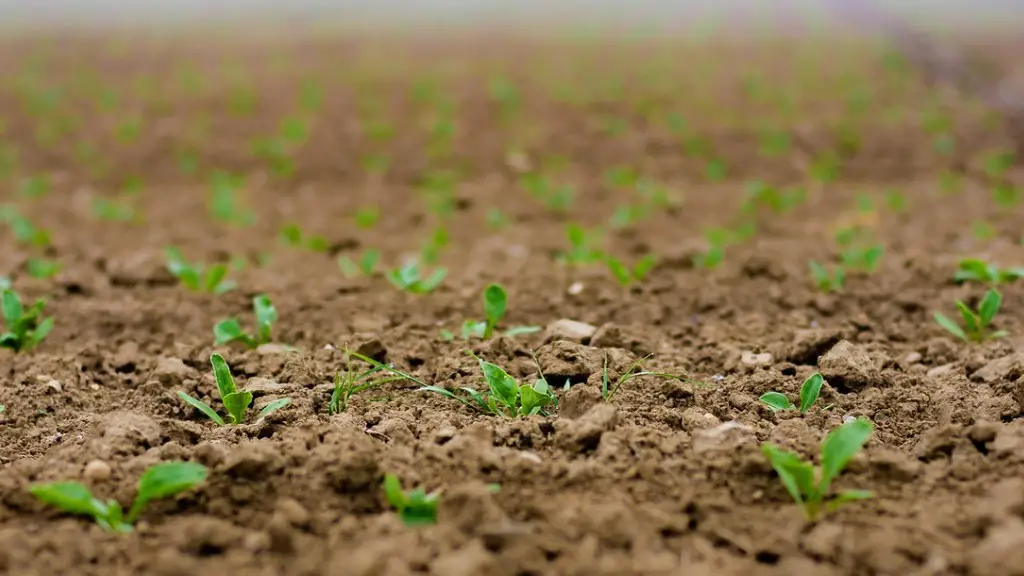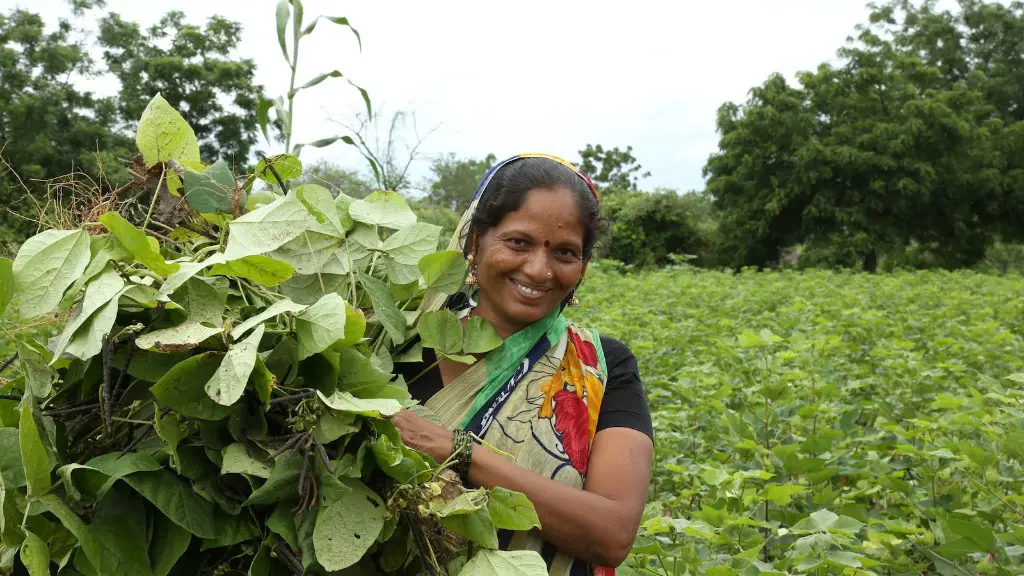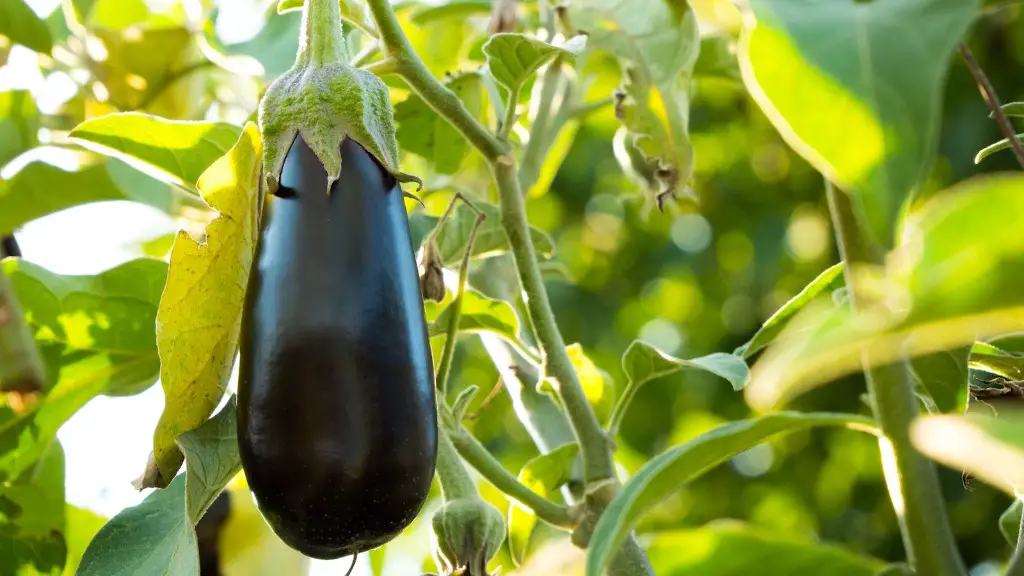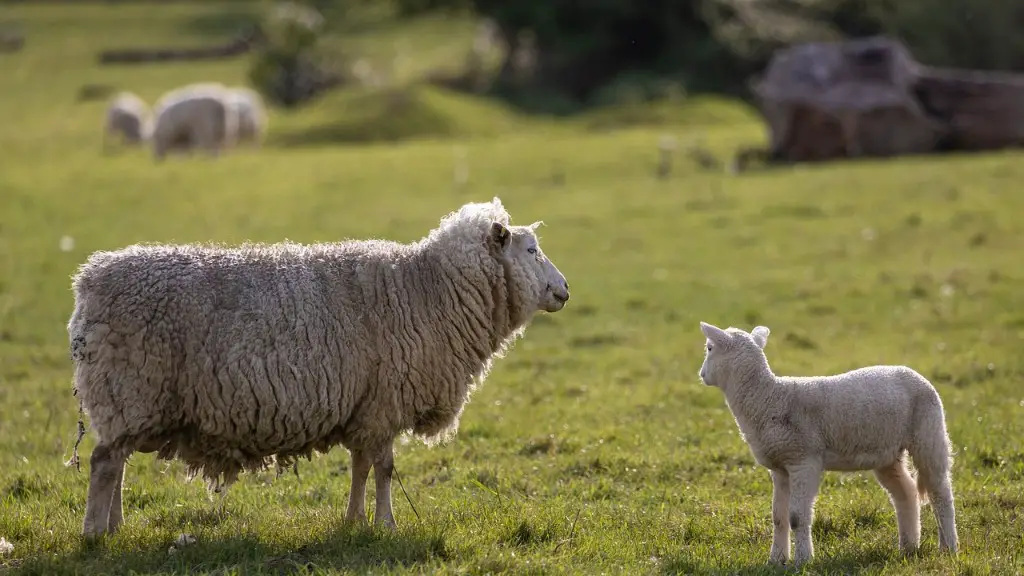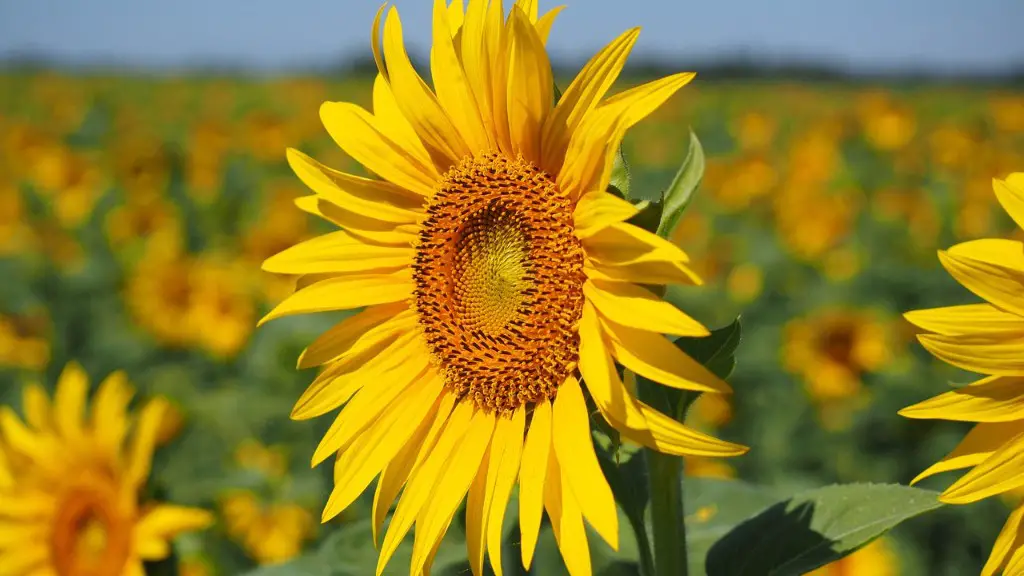Agriculture is a science because it is the application of scientific principles and knowledge to the production of crops and animals. Agriculture has been practiced for thousands of years, and has been essential to the development of human civilization. Agriculture is a complex and dynamic field, and advances in science and technology have greatly improved the quality and efficiency of agricultural production.
Agriculture is a science because it is the study of the elements and processes involved in the production of crops and livestock. Agriculture encompasses a wide range of disciplines, including agronomy, animal husbandry, soil science, and horticulture. Agricultural sciences seek to improve the efficiency and productivity of agricultural systems, as well as to protect and conserve natural resources.
Is agriculture considered a science?
Agricultural science is a field of study that encompasses everything from food and fiber production to soil and crop cultivation and animal processing. This definition sounds similar to that of agriculture, with one major difference: Agriculture is the practice and act of planting crops and raising livestock, while agricultural science is the study of these practices and the underlying principles. Agricultural science can be divided into several subfields, such as agronomy, horticulture, and animal science.
Agriculture is a vital part of the world economy, providing food, fabrics, and other products for people across the globe. It is an ancient practice, dating back thousands of years, and one that is constantly evolving.
Today, agriculture is more scientific than ever before, with advances in technology and our understanding of plant and animal husbandry. This has allowed us to increase yields, improve the quality of our products, and make farming more efficient.
However, agriculture is still a demanding and challenging profession, requiring knowledge, skill, and hard work. Farmers must contend with weather, pests, and other risks, and they must constantly adapt to changing markets and consumer demands.
Despite the challenges, agriculture remains an essential part of the world, and those who work in this field play a vital role in feeding and clothing the world’s population.
The necessity of rotating crops and fertilizing to improve soil quality and maintain a healthy environment is just one example of the everyday application of science in farming. Water sampling is also an important aspect of agriculture today. By understanding the soil and water conditions on a farm, farmers can make decisions about the best ways to care for their crops and animals.
Agricultural Science is a broad program that exposes students to agriculture in terms of the sciences as well as the economic and social science disciplines that are integral to the industry. Some aspects that students are exposed to include agricultural production, soil and water conservation, research, and business. Agricultural Science programs typically offer a balance of classroom and hands-on learning experiences, giving students the opportunity to learn about the science behind agriculture as well as the practical applications.
Is agriculture a life science?
The life sciences are the study of living organisms, including plants, animals, and humans. The life sciences encompass a wide range of disciplines, including botany, agriculture, horticulture, fisheries, forestry, and public health.
The study of the life sciences is important for understanding the complex interactions between living things and their environment. The life sciences can help us to develop sustainable practices for managing our natural resources, and can also provide insights into the cause and treatment of diseases.
Bioinformatics is a relatively new field that is concerned with the storage, analysis, and manipulation of biological data, including DNA and protein sequences. Bioinformatics is playing an increasingly important role in the life sciences, as it provides a powerful tool for understanding the complex biological data that is generated by modern research.
The word “science” has a long and rich history. It originally came from the Latin word “scientia” which meant knowledge, a knowing, expertness, or experience. By the late 14th century, science meant, in English, collective knowledge. But it has consistently carried the meaning of being a socially embedded activity: people seeking, systematising and sharing knowledge.
Why is agriculture defined as science and art?
Agriculture is an important part of human civilization and it has been around for thousands of years. Agriculture allowed human beings to settle down in one place and build cities and civilizations. Agriculture is the science and art of cultivating plants and live stocks. Agriculture is important because it provides food for people. Without agriculture, people would have to gather food from the wild which is much more difficult and time consuming. Agriculture is also important because it provides jobs for people. Many people work in agriculture in order to grow crops and raise animals. Agriculture is also a source of income for many people.
The scientific method is a set of principles and procedures that are used to gain knowledge about the natural world. The main features of the scientific method are:
1. Objective observation: Measurement and data (possibly although not necessarily using mathematics as a tool)
2. Formulation of a hypothesis: A tentative explanation for a set of observations
3. Testing of the hypothesis: experimentation to see if the hypothesis predicts what will happen under certain conditions
4. Analysis of the results: Testing of the hypothesis may lead to its modification or even abandonment
5. Publication of the results: Dissemination of the findings so that other scientists can build on them.
What is not a science
The humanities are important because they help us understand the human experience. They help us understand the past, present, and future. They help us understand other cultures and ourselves. They give us the tools to communicate effectively and to think critically.
Science is a system of knowledge that is concerned with the physical world and its phenomena. It entails unbiased observations and systematic experimentation. In general, science involves a pursuit of knowledge covering general truths or the operations of fundamental laws.
What are 3 reasons why agriculture is important?
Agriculture is one of the most important industries in the world. Here are 10 reasons why it is so important:
1. It’s the main source of raw materials: Agriculture is the main source of raw materials for industries like textile, construction and paper.
2. It’s important to international trade: Agriculture is a vital part of international trade. countries with large agricultural sectors are able to export their products and earn foreign currency.
3. It plays a big role in a nation’s revenue: Agriculture is a major source of revenue for many countries. For example, agriculture accounts for around 20% of India’s GDP.
4. It provides employment: Agriculture provides employment for millions of people around the world. In India, around 60% of the population is employed in the agricultural sector.
5. It’s crucial to a country’s development: Agriculture is crucial to the development of a country. It is a major source of income and employment and helps in the development of other sectors like industry and transport.
6. It can help heal the environment: Agriculture can help heal the environment by promoting sustainable practices like crop rotation and use of organic fertilizer.
7. It goes hand-in-hand with war:
Agricultural science is the study of agriculture. This can be split into two main areas: the study of plants and the study of animals. The study of plants includes topics such as plant breeding, crop science, and horticulture. The study of animals includes topics such as animal breeding, animal husbandry, and veterinary science. Agricultural science also includes the study of soil science and agricultural engineering.
Agricultural technology is the application of science to the practice of agriculture. This can include the use of technology to improve the yield of crops or the efficiency of livestock production. It can also include the use of technology to improve the management of natural resources such as water and soil.
What is agriculture short answer 8 science
Agriculture is vital for the survival of humans and the economy. It is the primary source of food and income for a majority of the population. It is also a major source of employment. Agriculture is a critical sector in the economy and its importance cannot be understated.
1. The oceans produce the majority of the oxygen on Earth.
2. Soil is full of life.
3. Bananas are radioactive.
4. Water can exist in three states at the same time.
5. Helium has the ability to work against gravity.
6. Humans have inherited genes from other species.
7. The human body is made up of cells that are incredibly small.
8. Animals and insects have amazing abilities that we can learn from.
What are the 4 meaning of science?
Science is the pursuit of knowledge about the natural world. It is a process of observing, testing, and gathering data to support or refute a hypothesis. Science is a systematic and logical approach to discovery, and it is based on empirical evidence.
Consistency, observability, naturalism, predictability, testability, and tentativeness are all important characteristics of science. Pseudoscience, on the other hand, may only have three, four, or five of these characteristics. This is one of the ways that we can tell the difference between science and pseudoscience.
Final Words
The main reason agriculture is a science is because it deals with the study of plants and animals used for food, fiber, or other purposes. It includes the study of how these plants and animals are grown, managed, and protected.
Agriculture is a science because it is the application of knowledge to the production of crops and livestock. It is a complex process that involves the use of scientific principles and practices to optimize the production of food.
